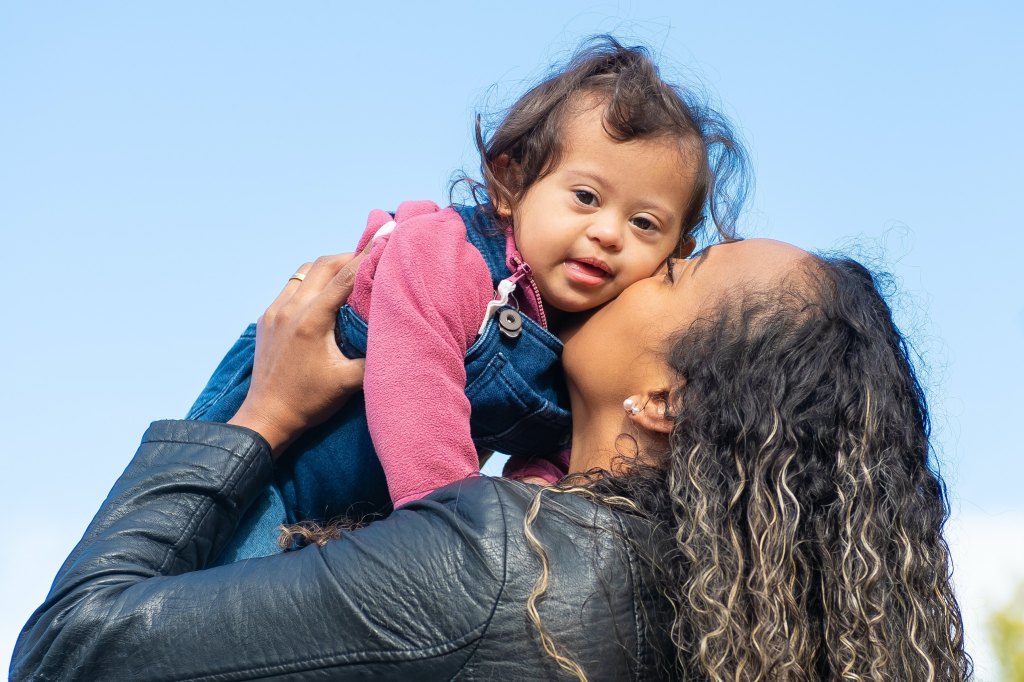Prenatal diagnoses of Down syndrome are highly correlated with abortion, and many women have reported that medical personnel either assumed they would want to abort or overtly pressured them to do so. It’s not uncommon for doctors to talk about the health risks associated with Down syndrome, explain how to obtain an abortion, and then leave the conversation there.
But informed consent should include counseling about all options, including the resources available to mothers who birth their children with Down syndrome. Women should also have the opportunity to talk to self-advocates and families with children with Down syndrome about a more holistic picture of what their lives are like. Many doctors and nurses would be happy to provide such information, if they were aware of it.
Research what resources are available in your community, including both formal groups and families who might be willing to connect with women navigating these diagnoses. If there aren’t many local resources, find online and national ones, and compile their contact information. Contact your local medical providers, and ask what their protocols are for explaining prenatal Down syndrome diagnoses. If they don’t already have the information you’ve compiled, ask if you can send it to them. Similarly, contact the Dean’s Office of local medical schools and ask what sort of training their students receive regarding this issue.
If you’d like to learn more about either the lives of people with Down syndrome or how the medical community interacts with this issue, check out the work of Dr. Brian Skotko.
